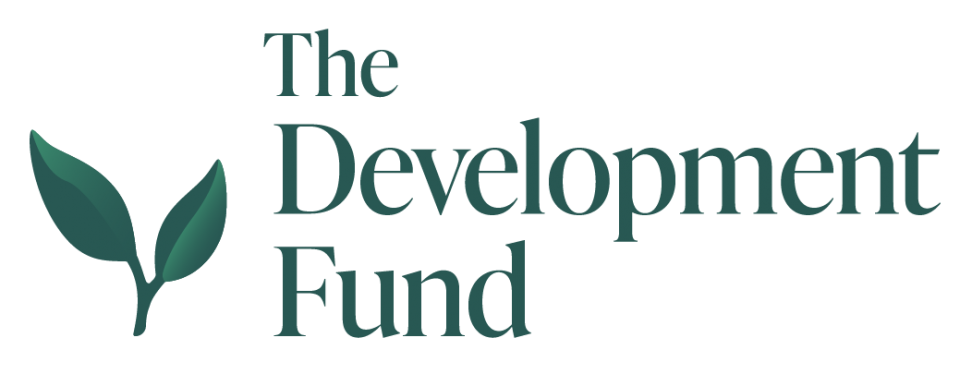
Call for proposals: End-term review of Strategic Partnership-Sustainable Vegetable Value Chain (SVVC) Project
Remote
Consultant
Consultancy
16. juni 2023
Sisay Kassahun, Sisay@developmentfund.no, +251116477255
Project background and context
Project description
As part of its overall goal of DF, the Sustainable Vegetable Value Chain Project (SVVC) funded by Norad is designed to improve livelihoods and reduction of poverty for selected smallholder farmers by promoting vegetable production and business. The project has been implemented between 1st January 2019 and 30th June 2023 including a no cost extension of 6 months (from January to June 30, 2023).
DF is the lead agency and works together with two implementing partners; namely Women Empowerment Action (WE-Action) and ORDA Ethiopia and two other strategic partners (JoyTech Fresh and Netherlands Development Organization (SNV). The project is implemented in two districts of Amhara region; namely Fogera district of South Gondar zone and Guba Lafto district of North Wollo zone. WE-Action is implementing the project in Guba Lafto district while ORDA Ethiopia is implementing the project in Fogera district. JoyTech Fresh supplies high-quality seedlings to the farmers and SNV offers technical expertise to the project through training of partner staff, model farmers and Government extension workers and provision of training materials, manuals and guidelines.
Objectives of the Project
The overall objective (the intended impact) of the project is to increase income and job opportunities for selected smallholder farmers. More specifically, the overall goal is to improve the livelihoods of target communities by increasing income of 3,500 small holder farmers and creating 2,600 jobs in the agriculture sector.
This will be achieved through two outcomes and five outputs:
Outcome 1: Vegetable business of smallholder farmers expanded/enhanced
Output 1.1: Supply of quality inputs locally increased
Output 1.2: Knowledge on vegetable production increased
Output 1.3: Access to market increased
Outcome 2:Export of vegetable by medium/large scale farmers increased
Output 2.1: Production of vegetable for export Improved
Output 2.2: Capacity of medium/large scale farmers for export increased
Purpose of the end-term evaluation
The overall purpose of this end term evaluation is to assess and document the performance of the project and the extent to which the outputs and outcomes have been achieved, determining relevance, coherence, efficiency, and effectiveness. The Evaluation is forward-looking and will assess whether and to what extent results (I) are sustainable, and (II) may contribute to achieving the intended impact. On this basis the Evaluation will provide clear (actionable) recommendations for improvements. The Evaluation is also intended to assess success factors and constraints, capture lessons learnt, and document new knowledge and important topics for further enquiry, action, lobbying and/or influence.
The Evaluation will ensure accountability towards Norad as a donor as well as the target beneficiaries of the project. As such, it fulfils a prescribed obligation set forth in the agreement with the Norad and may form part of the basis for an assessment regarding possible continuation of the current partnership, and/or support for new Project concepts presented by DF.
Specific objectives
The specific objectives of this Evaluation are to:
- Ascertain results as stipulated in the logical framework
- Assess relevance, coherence, effectiveness, efficiency, impact, and sustainability, in addition to project and risk management and relevant cross-cutting issues
- Provide findings, conclusions, key lessons learned and clear recommendations for future design and implementation
- Identify any challenges the project faced and formulate appropriate recommendations for future actions, and
- Assess whether the collaboration between DF, its implementing and strategic/private sector partners have added value to the interventions with a positive effect on beneficiaries and other stakeholders (including what factors contributed to or detracted from added value).
Qualifications of consultant(s)/Team
The evaluation team should comprise at a minimum two consultants. The lead has overall responsibility vis-à-vis the Client. Collectively, the consultancy team should possess the following set of competencies, experience, and skills:
- Master’s degree in agriculture/Natural resource management, Rural Development, social science, development studies/economics, statistics, or related field
- Demonstrable experience (at least 5 years) in conducting independent reviews/evaluations of interventions related to agronomy, agricultural production and vegetable value chain development.
- Knowledge and familiarity with the sociopolitical and socioeconomic context of Ethiopia
- Practical and theoretical expertise related to development work in Ethiopia is desirable
- Excellent track record in designing and conducting quantitative and qualitative data collection and analysis (Familiarity with advanced statistical analysis is required)
- Familiarity with international quality and accountability standards applied in development cooperation
- Experience in the use of participatory methodologies and developing gender-sensitive evaluation
- Strong analytical and conceptual skills to clearly synthesize and present findings, draw practical conclusions, make recommendations and to prepare well-written reports in a timely manner
- Demonstrated excellent written and spoken communication skills in English and Amharic
- Practical experience on inclusion, gender issues, gender integration and analysis
For more than 40 years the Development Fund (DF) has collaborated with local communities and civil society organizations in developing countries to improve the production of food and income generation of highly vulnerable and marginalized rural communities. DF’s vision is a sustainable and just world with freedom from hunger, poverty, and marginalization. Hundreds of thousands of small-scale farming households have received DF-support to develop resilient livelihoods and eliminate hunger, malnutrition, and poverty in their communities.
DF has stood steadfast in the forefront among development organizations promoting the empowerment of marginalized rural communities, pro-poor policies and appropriate solutions, particularly through approaches such as crop diversification, modern-farming, climate adaptive villages, climate-smart agriculture techniques, community seedbanks, small scale irrigation and mechanizations, natural resource management, microcredits and capacity building of civil society and grassroots organization. DF mobilizes the assets of small-scale farmers to ensure local contribution, involvement, and ownership, which is key to a sustainable, resilient and equitable development.